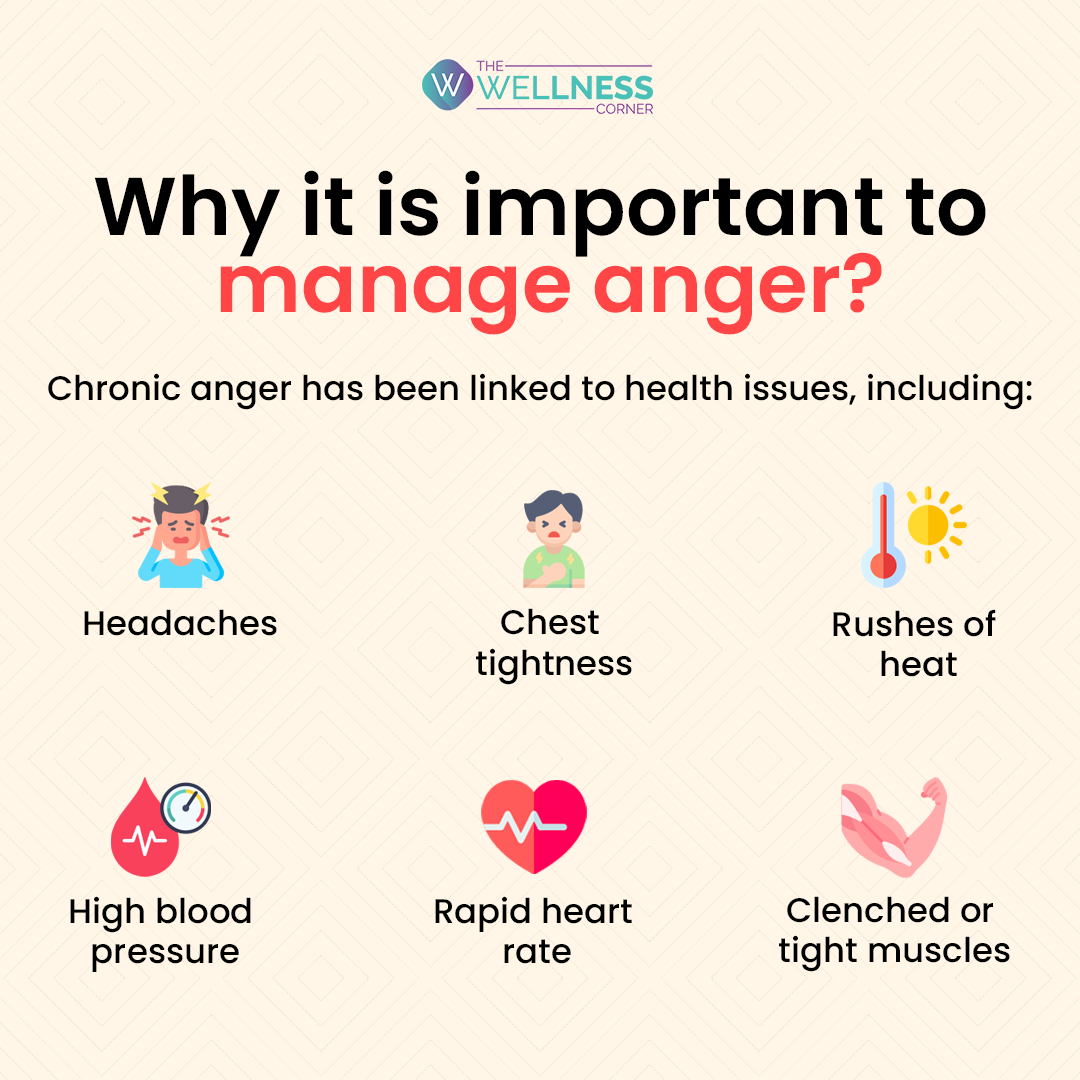Things Your Anger Is Trying To Tell You
- 19 months ago
Anger is a natural human response—a primal force coursing through our veins when we feel threatened, violated, or deeply hurt. It can be an ally, urging us to pay attention to the parts of ourselves that yearn for acknowledgment and change.
Anger is a common factor leading to relapse in addictive behaviors. Its intensity can easily overpower rational thinking, allowing the emotional brain to take control while the logical brain is sidelined. While traditional anger management techniques like venting or distraction may provide temporary relief, they often fail to address the root of the problem.
One helpful strategy is to reframe our perspective on anger. Rather than viewing it as an enemy, we can recognize anger as a signal that something is amiss within ourselves or our environment. By accepting anger as a valid emotion and investigating its triggers, we can gain insight into the underlying issues that need attention. In this blog post, we'll explore the messages that anger may be trying to communicate to us and how we can use it as a tool for personal growth and self-awareness.
[Must check: The cycle of anger]
Underlying Cause of Anger
1. Boundaries and Respect
Anger often arises when our boundaries are violated or when we feel disrespected. It's a signal that something or someone has crossed a line, and it's essential to pay attention to this feeling. Instead of suppressing or lashing out in anger, take a step back and reflect on what specific boundary has been breached. Understanding your limits and communicating them assertively can lead to healthier relationships and a stronger sense of self.
2. Injustice and Fairness
When anger arises in response to perceived injustice or unfairness, it reveals your strong sense of morality. Your anger may urge you to stand up for what you believe is right, advocate for equality, or challenge systems and structures that perpetuate inequity. It can be a motivation for positive change, motivating you to act and work towards a more just society.
3. Healing Old Wounds
Anger can often serve as a messenger, indicating the presence of unresolved emotional pain from the past. It is a signal that an old wound is still lingering within us, seeking healing and closure. By acknowledging the connection between our anger and past experiences, we can embark on a journey of self-healing. By addressing and healing these old wounds, we find relief from anger also paves the way for personal growth, forgiveness, and a renewed sense of inner peace.
4. Unexpressed emotions
Anger can also be a mask for deeper, more vulnerable emotions such as hurt, fear, or sadness. It's a defense mechanism that shields us from the raw pain we might be experiencing. Allow anger to guide you to the underlying emotions and permit yourself to express them. Talk to trusted friends, family, or professionals who can support and help you navigate through those challenging emotions.
5. Compromised Core Values
Anger can arise when our core values are compromised or violated. Our core values represent what we hold dear and believe to be essential in our lives. When these values are challenged or disregarded, anger can be a powerful indicator that something is amiss. By paying attention to our anger in these instances, we can reflect on the situation and examine which specific value has been compromised.

Ways to cope with anger
- Take deep breaths and focus on calming yourself.
- Express your anger calmly and assertively.
- Practice relaxation techniques like meditation or deep breathing.
- Take a timeout and remove yourself from the situation.
- Identify triggers and patterns to better manage your anger.
- Engage in regular exercise to reduce anger and stress.
- Seek support from a trusted friend or therapist.
- Prioritize self-care activities to relax and rejuvenate.
- Replace negative thoughts with positive ones.
- Consider attending anger management classes for specific techniques.
Remember, coping with anger takes practice and patience. It's essential to find strategies that work best for you and adapt them to different situations.
Also check:
- How to control anger immediately? Temper management made easy
- Know your anger style and ways to manage anger
Key Takeaways
Anger is a complex emotion that can be a stimulant for personal transformation if we learn to listen to its messages. By paying attention to the underlying reasons for our anger, we can gain self-awareness, set healthy boundaries, and address unmet needs. Remember, anger is not inherently negative; it's how we choose to respond to what matters. By using anger as a guide, we can navigate our emotions more effectively and cultivate a more fulfilling and harmonious life.









